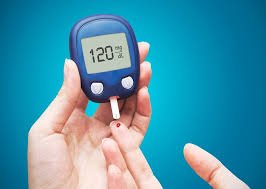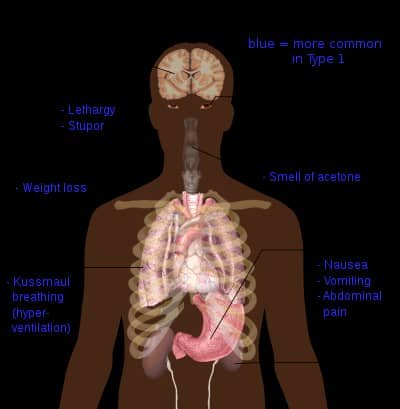OPENING A PAGE ON MYTHS SURROUNDING DIABETES

Diabetes mellitus is a chronic metabolic condition marked by raised blood glucose levels (hyper glycemia). That is when the plasma/blood glucose levels exceed 7umols. It is usually caused by inadequate (or a defect in) insulin production or insulin action or both.
The types of diabetes mellitus include:
- Type 1~ (aka Insulin Dependent Diabetes Mellitus); which is as a result of insulin deficiency. Common in children.
- Type 2~ (aka non insulin dependent diabetes mellitus); is rather caused due to an insulin resistance and relative deficiency in insulin secretion. Common in adult.
- Gestational Diabetes Mellitus: is a condition in pregnant women, in which a hormone made by the placenta prevents the body from using insulin effectively. Glucose builds up in the blood stream, instead of the cells to absorb them
- Secondary Diabetes Mellitus: caused by insulin resistance from an acquired disease or infection, from medication like steroids, etc.
More than 90% of diabetic patients are type 2 diabetes mellitus patients. It can be well managed with just oral tablets. Type 1 however requires steady insulin input.
Signs and symptoms of diabetes may include: polyuria (increased frequency of urination), increased thirst, fatigue, hyperglycemia, slow healing of cuts and sores (because neve supply is cut off due to increased glucose in blood), weight loss, blurred vision, sugar in urine (glycosuria), and sometimes breath the smell of acetone.
If left mismanaged, diabetes can cause complications leading to blindness, kidney disease, nerve damage, or even heart attack.

Debunking myths surrounding diabetes
- Weight gain is a risk factor, but not all overweight persons are diabetic; and not all diabetics are overweight.
- Diabetic diets aren't really limited to boring food.
- Carbohydrates should not be totally avoided by a diabetic, because they're needed for energy, although too much may cause complications.
- Simply eating too much sugar does not cause diabetes. But eating less sugar may be beneficial overall because sugar is not a nutrient dense food.
- Diabetics don't need restricted diet, but healthful eating and monitored calories.
- Not all diabetics require insulin. Only the type 1 patients.
- Diabetes can be managed with healthy eating habits, even until medications are not needed; but there is no known cure.
- Thin people can get diabetes.
- Diabetes is not contagious.
- There is no such thing as "mild diabetes".
- Only hypoglycemic episodes of diabetes can cause accidents from driving.
Some risk factors that should be considered for type 2 diabetes include being overweight, physically inactive, having abnormal cholesterol levels, hereditary and race factors, high blood pressure, being older than 45 years of age, and bad gestational diabetes.
Diabetes is deadly and we got to know more to survive t. Thanks for sharing